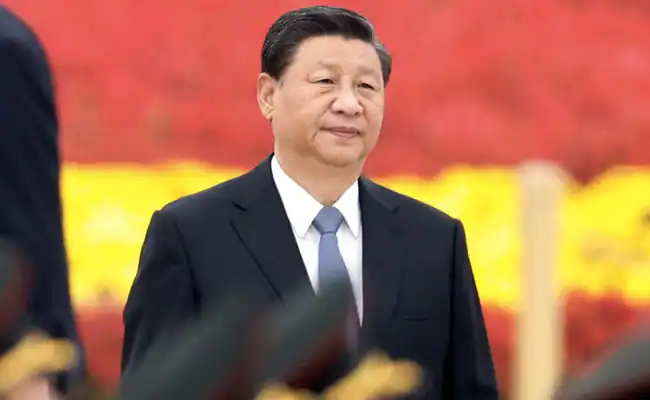National Chengchi University in Taiwan held a seminar on June 17 in which Kou Jianwen, a distinguished professor in the Department of Politics and East Asia Institute of National Chengchi University, analysed Xi Jinping’s leadership style based on his background and his upbringing.
Kou Jianwen said that under the weakening of the Chinese Communist Party’s checks and balances structure, the importance of Xi Jinping’s personal characteristics to Chinese politics has become more prominent.
Based on the content of Chinese writings and biographies about Xi Jinping, he proposed some personality traits of Xi Jinping. In 1962, when Xi Jinping was 9 years old, his father Xi Zhongxun was purged, forced to self-criticize and jailed.
When he was 15 years old, he was sent to the countryside under Mao’s “Down to the Countryside movement” where, for 7 to 8 years, he had to strive for survival alone, could not see his family, and lacked a sense of security. Kou Jianwen pointed out that this experience convinced Xi Jinping that “the essence of politics is struggle”.
Due to his character, he is unwilling to share power with anyone be it Li Keqiang or Vice President Wang Qishan.
After the 20th Party Congress, it is very likely that only Xi Jinping will remain in office over age. Xi Jinping treats old friends with care while dealing with political opponents in an authoritarian way, not only in domestic politics but also in international politics.
Kou Jianwen also believes that the difficult experience of going to the countryside has cultivated a high degree of self-confidence and the ability to face high pressure. At the same time, Xi Jinping is good at hiding his edge, and he can keep a low profile and forbearance before he is elected for the third term.
Kou Jianwen also believes that Xi Jinping worships authority and strong leadership, dares to rebel and does not stick to the rules, which reflects the collective psychological characteristics of the second generation of the Red leaders and the generation that grew up during the Cultural Revolution.
Wu Qi’ne, from the Academia Sinica, believes that ” Xi Jinping is not so confident, so he puts his political status very high.” This, he said, reflects that Xi Jinping’s power and position are not as stable as several former CCP leaders such as Mao Zedong, Deng Xiaoping and even Hu Jintao.
Since the reform and opening up, everyone has increasingly felt that economic development and economic performance are the important sources of the legitimacy of the regime, but now Xi Jinping has brought back ideology, historical tasks and historical achievements.
One of the purposes of this, for this party and this regime, is to emphasize its own legitimacy.

